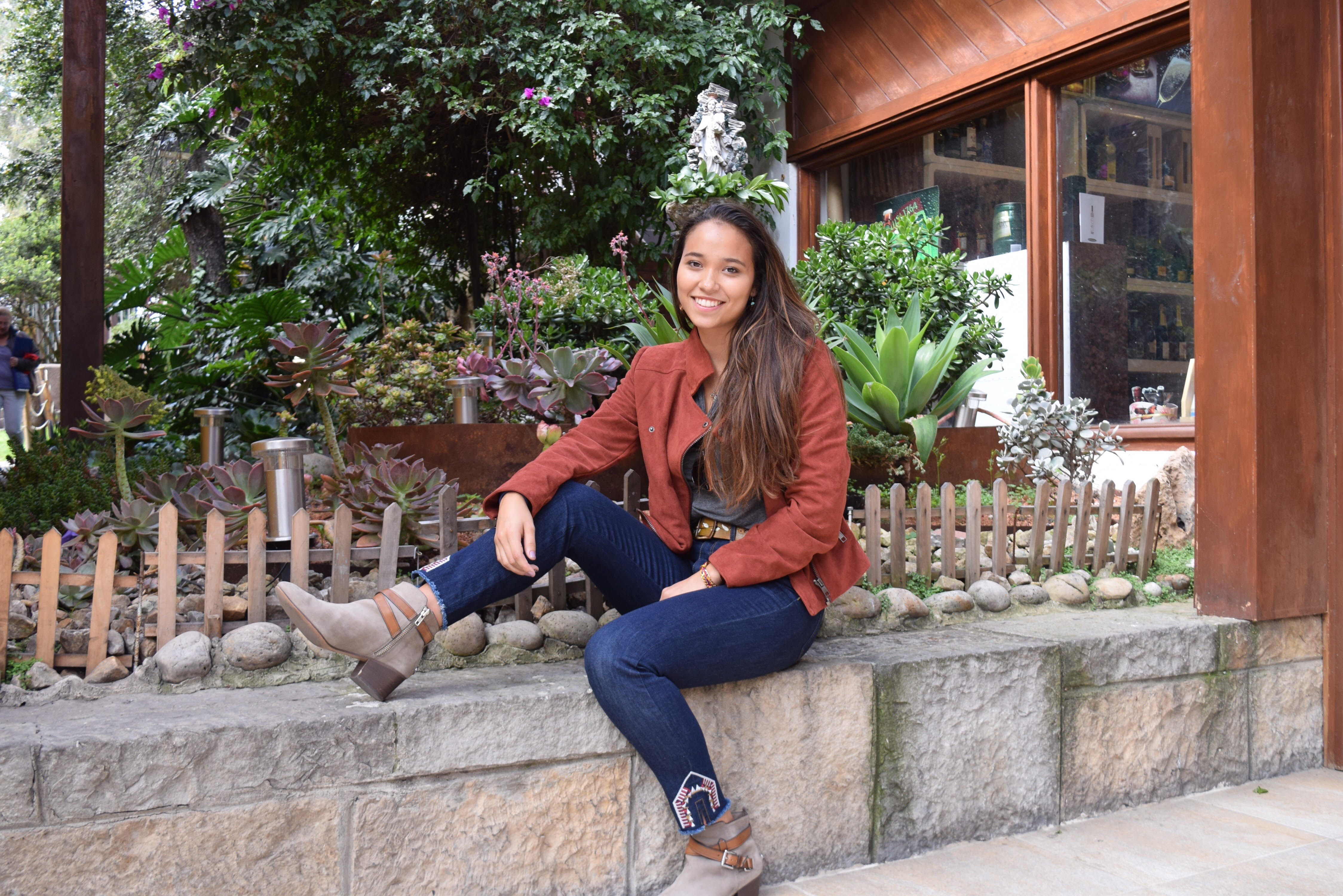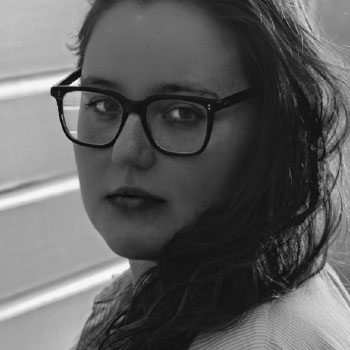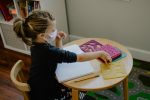Mentorship programs are an excellent way of teaching kids to learn and to love learning. These programs strive to enrich kids’ lives and help them focus on their futures. And while many of these programs do great work advocating for education, Chicos and Kids, an organization founded by Dartmouth student Stephanie Quintero in 2010, prides itself on being a fun, cultural and symbiotic relationship where the tutors learn just as much, if not more, than the tutees.
Allie DiGennaro: So, let’s start out with your school and major.
Stephanie Quintero: Well, I’m at Dartmouth. I am a pre-med major with a concentration in global health, but I’m turning it into a “design your own major.” I always wanted to be a doctor. I love medicine and science, even before everything else started, but I want to pair medicine with Anthropology. It’s fascinating to see all the different cultures and customs and why people do the things they do.
AG: Is that what made you start Chicos and Kids?
SQ: Yeah! Well, it started with my brother and me, who is two years older and also goes to Dartmouth. Our parents are from Columbia and our grandparents live in a small rural village. When we were visiting one summer, our grandmother was talking about the local school and how it’s English program was being cut. She encouraged us to go and teach them English and it turned into something we did every summer.
AG: And that’s what you and your team does, teach children English in Colombia?
SQ: It started that way. It turned into more: understanding culture and gaining trust. We still teach them English, but we also strive to teach them what they want to learn, whether that be grammar or sports. Really they just want to learn.
AG: Is this work only done in cities in Colombia?
SQ: No. We do have programs in three cities in Colombia, as that is where it really started, but we also have programs starting in other countries in South and Central America such as Guatemala. We have a sixteen-year-old who teaches English and Sexual Health & Nutrition. We also have the program running in my hometown in Maryland. We started a program teaching refugees from Central America. The students feel frustrated and embarrassed going to school here because everything is taught too-fast and in English. So we have local high school students come in and we become mentors to them.
AG: And what are the results with the students? How do they feel?
SQ: It isn’t just a mentorship program, it’s a leadership opportunity. It’s about kids learning and sharing with other kids through cultural understanding. But it isn’t just the kids who are learning, we learn from them too. When we teach them English, they’ll teach us Spanish. And when we teach them baseball, they teach us soccer. So it’s really a fun way to give these kids a bit of authority. They can teach us, too.
AG: How did your experience in education inspire you to create this program?
SQ: I grew up in a diverse neighborhood. I went to a diverse public elementary school, then a private middle and high school. And that’s where things really started to change. It felt like I was left out and I started feeling a little ashamed of my culture. I had to conform to things and somewhere along the way I realized I wanted to celebrate our differences, not to change them.
AG: How do you approach a challenge?
SQ: Talk to people. Try not to stress too much about it. You need a support system and to make sure everyone knows what the goal is. You need to be patient and reasonable and respect choices no matter where you come from.
AG: What were the steps to making Chicos and Kids what it is today?
SQ: We had to make sure we would be able to teach thirty kids in classes, communicate with the school system in Colombia and the parents. On a larger scale, we had to get a 501c3 non-profit standing and that took almost a year. It was very stressful. We needed volunteers and we started out with friends and family. It spiraled out from there and we ended up getting people who said, “I saw you on Facebook, what can I do to help?” Last year we were featured on Nickelodeon in Maryland and were awarded with $10,000, which really helped to reach out and expand.
AG: Who is your inspiration?
SQ: My mom! She was a Spanish teacher for five years and seeing that inspired me to teach. She also worked for family services as a home visitor and taught young mothers how to care for children with disabilities. She stands up for what she believes in and just wants to make sure kids feel safe.
AG: What are your personal philosophies for education?
SQ: Sharing culture and respect. It is the basis for our program. We are all equal. All the students and all the mentors. Education should never be one-sided. I want it to be a dynamic. I want them thinking “What can I do? How can I help?” If we give them the tools and the opportunities, they can do amazing things.

















